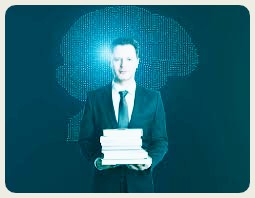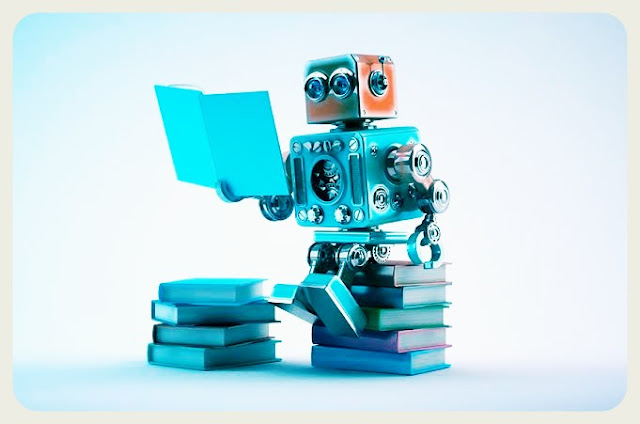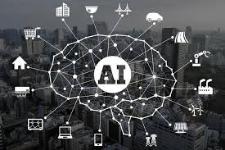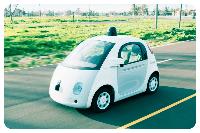Top 5 books for Artificial intelligence
Top 5 books for Artificial intelligence🤖

Hai friends👋 welcome back to my blog today we going to see about top 5 books to learn about Artificial intelligence so let's see
1.Artificial Intelligence for Humans by Jeff Heaton

Hai friends👋 welcome back to my blog today we going to see about top 5 books to learn about Artificial intelligence so let's see
1.Artificial Intelligence for Humans by Jeff Heaton
About book:
A great building requires a strong foundation. This book teaches basic Artificial Intelligence algorithms such as dimensionality, distance metrics, clustering, error calculation, hill climbing, Nelder Mead, and linear regression. These are not just foundational algorithms for the rest of the series, but are very useful in their own right. The book explains all algorithms using actual numeric calculations that you can perform yourself.Artificial Intelligence for Humans is a book series meant to teach AI to those without an extensive mathematical background. The reader needs only a knowledge of basic college algebra or computer programming
anything more complicated than that is thoroughly explained. Every chapter also includes a programming example. Examples are currently provided in Java, C#, R, Python and C. Other languages planned.
2.Artificial Intelligence: A Modern Approach
by Peter Norvig and Stuart J. Russell
About the book:
Artificial Intelligence: A Modern Approach(AIMA) is a university textbook on artificial intelligence, written by Stuart J. Russell and Peter Norvig. It was first published in 1995 and the third edition of the book was released 11 December 2009. It is used in over 1350 universities worldwide and has been called "the most popular artificial intelligence textbook in the world". It is considered the standard text in the field of artificial intelligence.
The book is intended for an undergraduate audience but can also be used for graduate-level studies with the suggestion of adding some of the primary sources listed in the extensive bibliography.
3.Paradigms of AI Programming: Case Studies in Common Lisp
by Peter Norvig
About the book:
Paradigms of AI Programming is the first text to teach advanced Common Lisp techniques in the context of building major AI systems. By reconstructing authentic, complex AI programs using state-of-the-art Common Lisp, the book teaches students and professionals how to build and debug robust practical programs, while demonstrating superior programming style and important AI concepts. The author strongly emphasizes the practical performance issues involved in writing real working programs of significant size. Chapters on troubleshooting and efficiency are included, along with a discussion of the fundamentals of object-oriented programming and a description of the main CLOS functions. This volume is an excellent text for a course on AI programming, a useful supplement for general AI courses and an indispensable reference for the professional programmer.
4.The Cambridge Handbook of Artificial Intelligence
About the book:
Artificial intelligence, or AI, is a cross-disciplinary approach to understanding, modeling, and creating intelligence of various forms. It is a critical branch of cognitive science, and its influence is increasingly being felt in other areas, including the humanities. AI applications are transforming the way we interact with each other and with our environment, and work in artificially modeling intelligence is offering new insights into the human mind and revealing new forms mentality can take. This volume of original essays presents the state of the art in AI, surveying the foundations of the discipline, major theories of mental architecture, the principal areas of research, and extensions of AI such as artificial life. With a focus on theory rather than technical and applied issues, the volume will be valuable not only to people working in AI, but also to those in other disciplines wanting an authoritative and up-to-date introduction to the field.
5.The Emotion Machine
by Marvin Minsky
Minsky argues that emotions are different ways to think that our mind uses to increase our intelligence. He challenges the distinction between emotions and other kinds of thinking. His main argument is that emotions are "ways to think" for different "problem types" that exist in the world, and that the brain has rule-based mechanisms (selectors) that turn on emotions to deal with various problems. The book reviews the accomplishments of AI, why modelling an AI is difficult in terms of replicating the behaviors of humans, if and how AIs think, and in what manner they might experience struggles and pleasures












